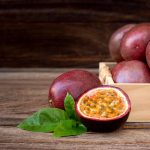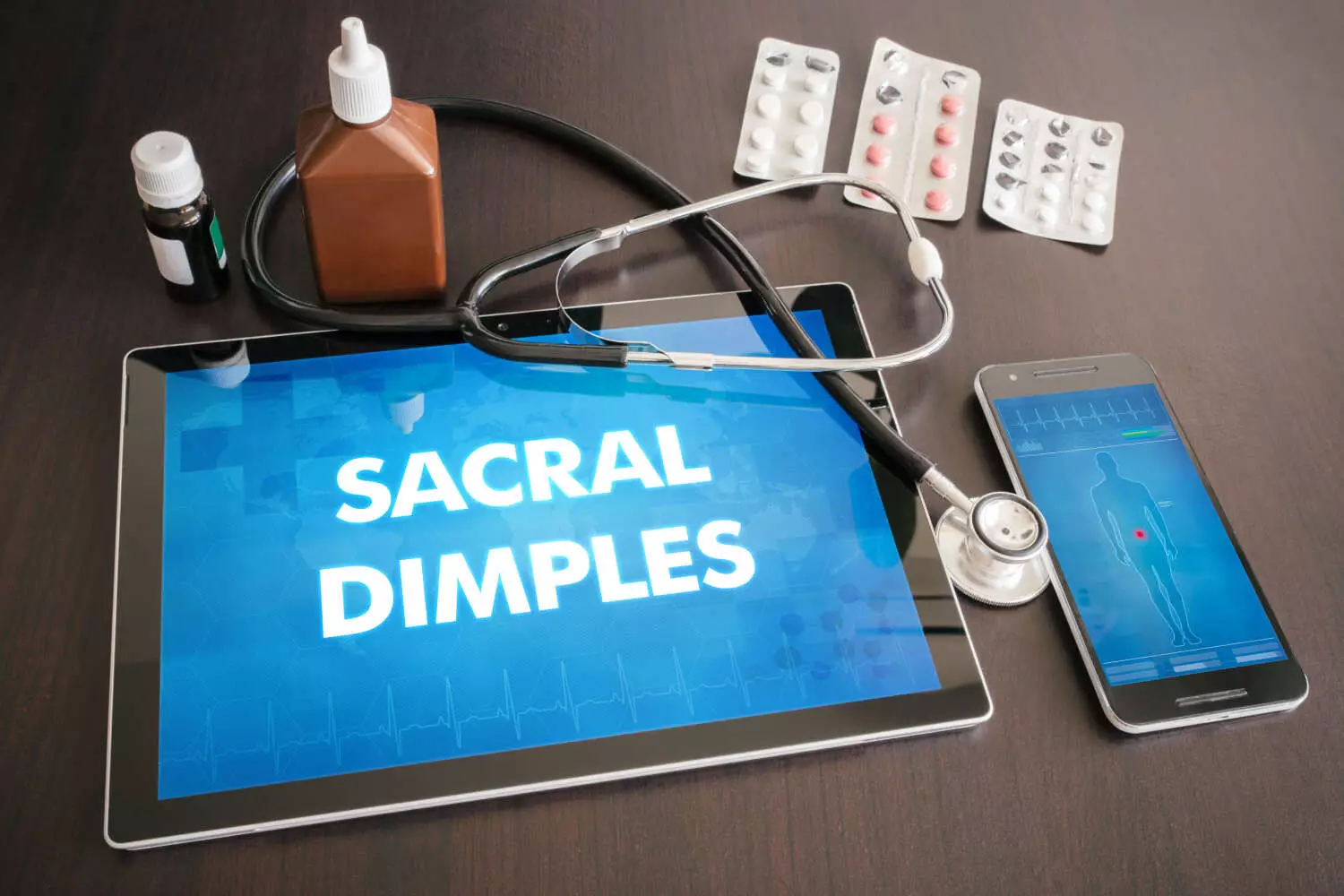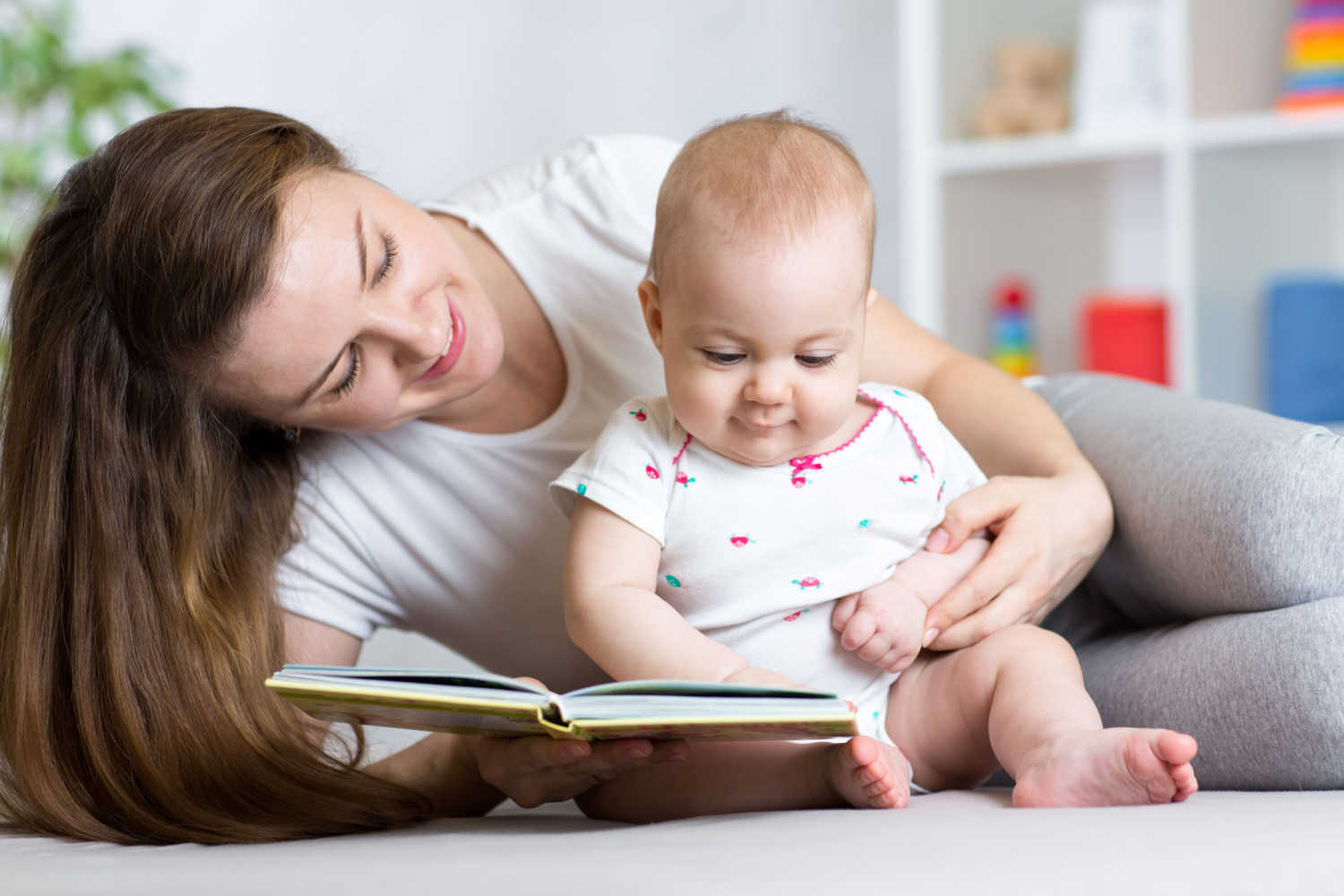
Shellfish For Babies – When to Introduce, Health Benefits and Precautions
7 min readWritten by Editorial Team


The delicious taste of all types of shellfish makes it effortless for a baby to eat them. If given after 6 months of age, it becomes completely safe. Still, you’ll have to buy only approved shellfish from safe and well-known sources because otherwise, there will not be any guarantee if it’s contamination-free or not. Further, shellfish for babies are rich in protein, so they are wonderful for your little one’s growing years.
Some babies might be allergic to some types of shellfish. So, it’s best to give them a tiny portion of one of the shellfish and stop for a few days to notice any signs of reactions. Also, you can refer to the table below for the nutritional value of shellfish, and there are some healthy and yummy recipes that you can give a try.
In This Article
- Are Shellfish Safe For Babies?
- When Can You Introduce Shellfish to Your Baby?
- Nutritional Value of Shellfish
- Amazing Top 5 Health Benefits of Shellfish For Babies
- Precaution to Follow When Introducing Shellfish to Babies
- Three Main Side Effects of Shellfish For Babies
- Top 3 Healthy and Tasty Shellfish Recipes For Babies
- FAQ’s
Are Shellfish Safe For Babies?
Shellfish will add up to your baby’s growth and development. But it can be harmful too if polluted with materials like cadmium and mercury. Various types of shellfish are known to be potential allergens due to the presence of such chemicals and pollutants. For this reason, you must be careful to introduce these to your baby once they are comfortable with a good number of basic solid foods. It may be a good idea to talk to your pediatrician before giving shellfish to your baby.
Shellfish can be categorized into crustaceans and mollusks, and their nourishing micronutrients, healthy fats, and protein offer numerous health benefits. Further, feed your baby shellfish at the right time and with the right precautions, and after talking to your pediatrician to avoid any potential harm or side effects.
When Can You Introduce Shellfish to Your Baby?
Your baby can enjoy the remarkable taste of shellfish once they are over 6 months and can easily eat solid food like grains, meat, poultry, cereals, and so forth. But some doctors advise not to feed it until the babies are at least 9-12 months old. Because of the allergies that are caused by shellfish, you should take them to a pediatrician, especially if allergies are common in your family.
Even when giving shellfish for the first time, you must strictly follow the 3-day rule and not introduce any other foods during this time. Also start with very small quantities, say half a teaspoon. This will help minimize any potential allergic outcomes if your baby is allergic to these seafood variants.
[Read : The 3-Day Wait Rule For Babies To Introduce Solids]
Nutritional Value of Shellfish
Depending on the type of Shellfish (mollusks and crustaceans), its nutritional content is slightly different. Crustaceans like lobster, crab, crayfish, krill, shrimp, and prawn are the most preferred ones, and when it comes to mollusks, oysters, clams, scallops, and mussels are generally eaten. And the table below will give you an idea of the approximate nutritional value of varieties of Shellfish (cooked) served in three ounces (85g).
| Nutrients | Oysters | Scallops | Clams | Lobster | Shrimp |
| Calories | 100 | 140 | 110 | 80 | 100 |
| Calories from fat | 35 | 10 | 15 | – | 10 |
| Total fat | 4 gm | 1 gm | 1.5 gm | – | 1.5 gm |
| Saturated fat | 1 gm | – | – | – | – |
| Cholesterol | 80 mg | 65 mg | 80 mg | 60 mg | 170 mg |
| Sodium | 300 mg | 310mg | 95 mg | 320 mg | 240 mg |
| Potassium | 220 mg | 430 mg | 470 mg | 300 mg | 220 mg |
| Protein | 10 gm | 27 gm | 17 gm | 17 gm | 21 gm |
| Vitamin A(%DV) | – | 2% | 10% | 2% | 4% |
| Vitamin C(%DV) | 6% | – | – | – | 4% |
| Calcium (%DV) | 6% | 4% | 8% | 6% | 6% |
| Iron(%DV) | 45% | 14% | 30% | 2% | 10% |
Amazing Top 5 Health Benefits of Shellfish For Babies

Here are some of the vital health benefits that you baby can enjoy from eating shellfish.
1. Excellent Source of Protein
Shellfish such as scallops, blue crab, shrimp, etc will give a lot of rich and high-quality protein to your baby. And these proteins, along with other healthy nutrients are vital for your baby’s healthy development.
2. Boosts the Immune System
Shellfish are a good source of carotenoids such as astaxanthin which springs up the immune system. Moreover, the goodness of Vitamins, omega-3 fatty acids, zinc, iron and copper make it even more nourishing. So, if your baby gets sick very often, you may consider Shellfish for their diet after taking advice from your pediatrician.
3. Offers Healthy Fats
DHA (Docosahexaenoic acid) and (Eicosapentaenoic acid) EPA ( types of Omega 3 Fatty acids) may strengthen the functions of your little one’s brain. And with it comes the blessing of learning with ease.
4. Full of Micronutrients
Giving a reasonable amounts of shellfish to your baby can provide them with plenty of micronutrients like sodium, copper, zinc, vitamins B12, iodine, and potassium. And all these are very crucial to bringing harmony to your little one’s body functions and their brain’s growth.
5. Low Levels of Salt
Seafood such as shellfish contain very less sodium and salt portions. As a result, they are safe for your baby.
Thus, with all the other great benefits, your baby will get the extra advantage of intaking salt in a very healthy quantity.
Precaution to Follow When Introducing Shellfish to Babies

Following these below points will largely take care of potential problems caused by Shellfish to infants.
- If yours is a toddler aged around 2-3 years, feel free to go ahead and feed an ounce(30gm) of shellfish to them one or two times a week. However, if your baby is younger than that you may need to check with a pediatrician for the appropriate amount of Shellfish to start with.
- Trust only those sellers who are Government approved or well-known to be safe. This will reduce the chances of contamination in shellfish.
- Cook the shellfish recipes in line with the guidelines of the CDC – after cooking at a temperature of 63°C (145°F), the shellfish becomes safe.
- Never buy shellfish dishes from a restaurant to feed to your baby. Only feed fresh and home-cooked shellfish to your little one.
- Let your baby eat one type of shellfish first. And watch out for the symptoms for three to five days.
- Help your infant to get familiar with the taste, and texture of shellfish. So feed half to one teaspoon, for the first few times. It will also help their system to get used to digesting this food.
- Prepare shellfish puree, or mash for babies under 12 months and those above this age mark can be handed shellfish as finger food and small pieces.
- Never offer raw or undercooked shellfish. Your shellfish should be fully cooked.
- Make sure to check for any bones, or broken shells in the prepared or cooked shellfish before offering it to your baby. These broken pieces pose a high risk of choking hazard.
[Read : Infant Choking]
Three Main Side Effects of Shellfish For Babies
Be mindful of these potential side effects, and consult your paediatrician if you see any of these;
1. Side Effects Due to Chemical Contamination
Mercury contamination can happen in lobsters, crabs, and scallops. And other types of shellfish are also prone to impurities caused due to lead and mercury. Mostly, these contaminations take place when they are collected from polluted waters. Moreover, this can negatively affect your baby’s nervous system. You may not typical allergy symptoms if the seafood has chemical contamination which doesn’t suit your baby.
2. Food Poisoning
Raw, or even undercooked mussels, oysters, and some other types of shellfish also pose the risk of poisoning from viruses and bacteria. And sometimes, harmful pathogens like norovirus are found in shellfish which are harvested from impure waters. Other than that, these polluted shellfish are at the risk of having marine contaminants – brevetoxin algal bloom (HAB) toxin, which may harm a baby’s health.
Typical food poisoning symptoms include
- Stomach aches and cramps
- Diarrhea
- Nausea and vomiting
- High fever
You may need to rush to the doctor immediately if you see these symptoms after your baby has eaten shellfish. The priority will be to reduce the effects of the poisoning and prevent further dehydration.
3. Food Allergies
Allergies caused by shellfish can vary as per the baby and the type of Shellfish. Here are some of the common allergic symptoms of shellfish for babies.
- Stomachache
- Diarrhea
- Wheezing
- Problems in breathing
- Coughing
- Watery and swollen eyes
- Itching and red spot hives
Furthermore, a severe allergic reaction can lead to anaphylaxis, which is a life-threatening condition.
Top 3 Healthy and Tasty Shellfish Recipes For Babies

Here are some popular and most loved shellfish recipes for your little one.
1. Crabby Mash (1 Year +)
Chop the cooked crab well and add mashed potatoes to spring up the taste.
2. Seafood Avocado Toast (1 Year +)
Add cooked and finely chopped shellfish to mashed avocado and apply this mixture over toasted bread. Cut into age-appropriate pieces and offer them to your baby.
3. Shellfish And White Bean Cakes (1 Year +)
Mix mashed white beans, properly diced shellfish or shrimp, egg, and breadcrumbs in a bowl. Make small patties out of it, bake and give your baby little strips of these to make it easy for them to eat.
Shellfish for babies are highly nutritious foods. But you need to be a bit cautious before you serve your baby the recipes with it. Feeding shellfish at the right time, and in the right way with consulting a pediatrician minimizes all chances of side effects.
[Read : Avocados For Babies]
FAQ’s
1. Is Shellfish a Choking Hazard For Babies?
Babies are at risk of choking hazards and the bones and shell pieces of the shellfish may prove to be a choking hazard for babies. So, you need to cut the shellfish into small pieces or serve it as puree or mash.
2. When Can a Baby Have Crab?
You can introduce crab to your baby at around 1 year of age. When in doubt, you can take the advice of a pediatrician before introducing crab to your baby.
3. How Do You Know if Your Baby is Allergic to Shellfish?
Don’t give shellfish for 3-5 days after your baby takes their first small serving. During this period, some signs like diarrhea, stomachache, etc. may pop up if they’re allergic to it.
Read Also: Salmon For Babies – When to Introduce, Benefits and Precautions

Editorial Team,
With a rich experience in pregnancy and parenting, our team of experts create insightful, well-curated, and easy-to-read content for our to-be-parents and parents at all stages of parenting.Read more.
Responses (0)
Want curated content sharply tailored for your exact stage of parenting?
Related articles

Passion Fruit (Krishna Phal) For Babies – Is it Safe, When to Introduce and Benefits

Hummus For Babies – When to Introduce, Benefits and Precautions

Sacral Dimples in Newborns – What is it, Types and Complications

Top 8 Best Sound Books For Babies in First Year

Millets For Post-Delivery and Breastfeeding Mothers – Everything You Need to Know

Top 8 Best Indian Books to Read For Your Baby in the First Year
Sponsored content
Discover great local businesses around you for your kids.
Get regular updates, great recommendations and other right stuff at the right time.





